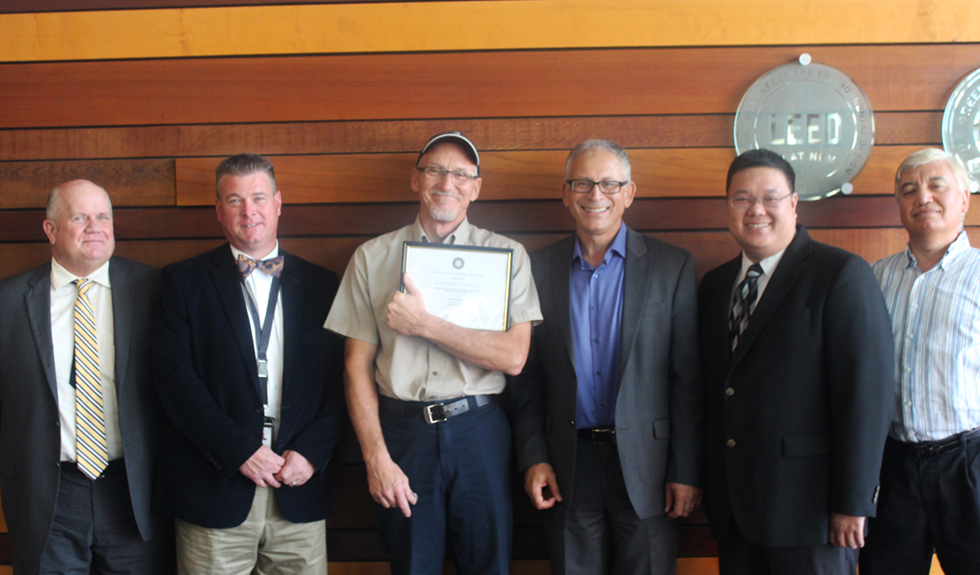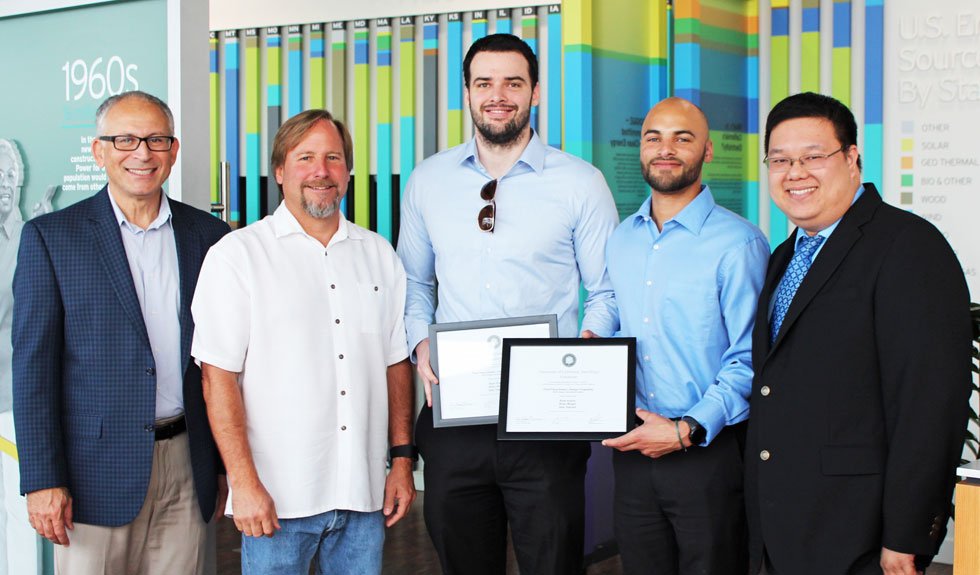THE FUNDAMENTALS OF HVAC DIRECT DIGITAL CONTROL: PRACTICAL APPLICATIONS & DESIGN
The Only HVAC DDC Book You’ll Ever Need!

Master HVAC Design & Control with Author Frank Shadpour
Learn HVAC Design from the Expert Who Wrote the Book — Literally, 100% Online.
Offered by UC San Diego Extended Studies, the HVAC Systems Design and Control Certificate Program provides an in-depth exploration of the theory, codes, calculations, and hands-on applications behind high-performance HVAC systems. It’s a comprehensive, career-focused program built for those who want to lead in the evolving world of energy-efficient building design.
What truly sets this program apart? You’ll learn directly from Frank Shadpour, PE, ASHRAE Fellow — a nationally recognized HVAC expert and the author of the required course textbook, The Fundamentals of HVAC Direct Digital Control: Practical Applications and Design (4th Edition). Frank doesn’t just teach from the book — he wrote it. And now he brings his decades of experience to life with practical insights, real-world case studies, and field-tested strategies you won’t find anywhere else.
This fully online certificate is tailored for working professionals, recent engineering graduates, facility engineers, and anyone looking to specialize in HVAC system design and DDC controls. The curriculum emphasizes energy analysis, cost-effective design, and performance-based contracting, equipping students with the tools to make informed, sustainable, and budget-conscious decisions in real-world projects.
Whether your goal is to boost your technical expertise, prepare for more advanced roles, or stand out in a competitive industry, this program delivers a powerful combination of academic depth and industry relevance, straight from the source.
This online certificate program is organized into five courses that may be taken in any order:
AMES-40170 | HVAC DDC Basics: Introduces the core principles of HVAC DDC design, including system components, control fundamentals, and integration with building automation and sustainability standards.
AMES-40021 | HVAC System Design: Covers essential HVAC system design concepts, focusing on components, air and water systems, and energy-efficient technologies.
AMES-40000 | HVAC DDC System Design: Provides hands-on training in DDC system design, including control components, practical applications, and team-based development of HVAC control specifications.
AMES-4001 | HVAC Design Calculations: Focuses on fundamental HVAC load calculations and energy analysis using industry standards, rule-of-thumb checks, and software tools, with a collaborative design project.
AMES-40139 | HVAC DDC Networking:
Explores advanced HVAC technologies and DDC networking, emphasizing system selection, emerging energy strategies, and practical applications for commercial buildings.
What Students are Saying




